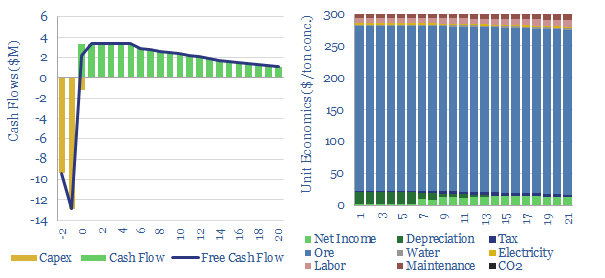Search results for: “direct air capture”
-
Compressor costs: a simple overview?
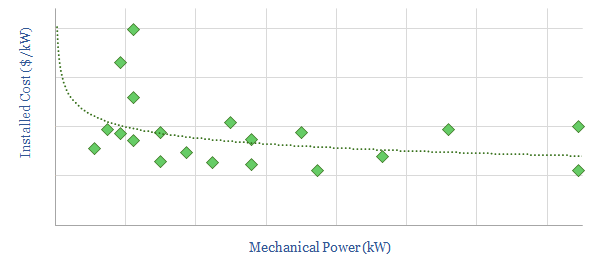
This data-file aims to give a helpful, basic overview of the $40bn pa compressor market, between centrifugal, reciprocating and screw compressors. A typical industrial unit is 50kW and costs $850/kW on an installed basis. Companies and efficiency calculations are also given.
-
Sulphur recovery units: Claus process economics?
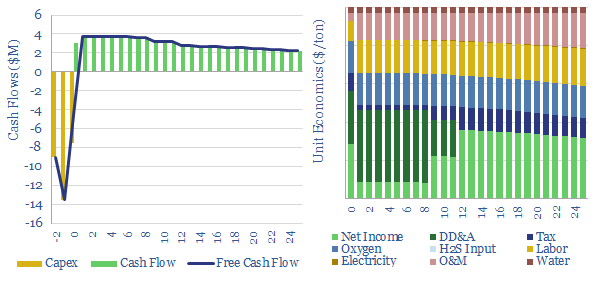
This data-file captures the economics of producing sulphur from H2S via the Claus process, yielding an important input for phosphate fertilizers and metals. Cash costs are $40-60/ton and marginal costs are $100/ton. CO2 intensity is low at 0.1 tons/ton. Data-file explores shortages in energy transition?
-
Energy security: volcanos versus solar panels?
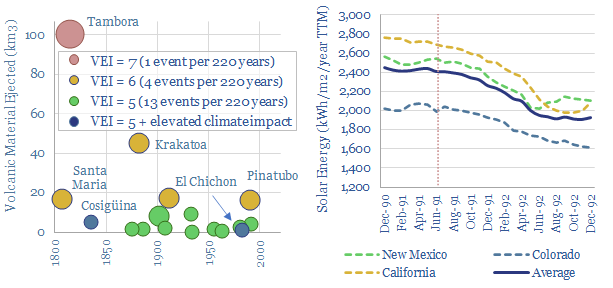
Every 30-years on average, a giant volcano erupts, ejecting >10km3 of debris, including aerosols that dim the sun and temporarily cool the planet by 0.5-1C. After Mount Pinatubo erupted in 1991, US solar insolation fell by 20% in 1992. What implications for global energy security and energy transition?
-
Cyanide production: the economics?
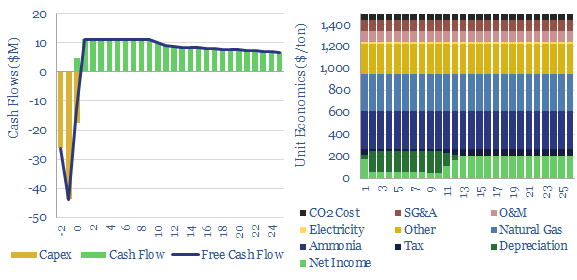
Hydrogen cyanide is a chemical intermediate, used for making perspex, nylon-6,6 and sodium cyanide, which in turn is a crucial chemical for extracting gold and silver from precious metal ores. Marginal costs are usually $1,500-1,650/ton and CO2 intensities are 2-3 tons/ton.
-
Energy history: how much wood can be cut in a day?
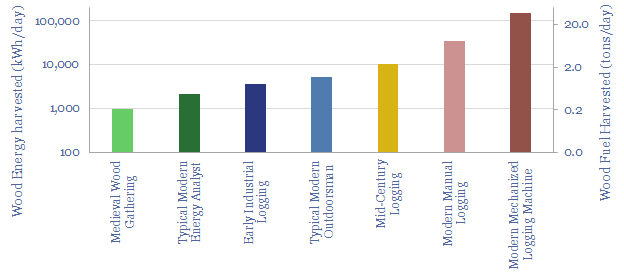
How much wood can be cut in a day? We review 500-years of industrial history. In medieval times, a manorial tenant might have gathered 250kg of fallen branches in a day. A modern feller-buncher is 150x more productive. But a modern energy analyst is little better than a medieval peasant, and harvesting wood as a…
-
Refrigerants: leading chemicals for the rise of heat pumps?
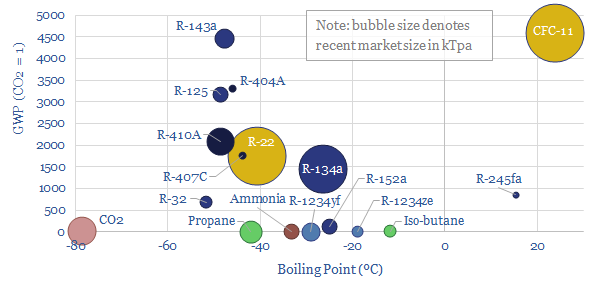
This data-file is a breakdown of c1MTpa of refrigerants used in the recent past for cooling, across refrigerators, air conditioners, in vehicles, industrial chillers, and increasingly, heat pumps. The market is shifting rapidly towards lower-carbon products, including HFOs, propane, iso-butane and even CO2 itself. We still see fluorinated chemicals markets tightening.
-
Methane slip: how much gas evades combustion?
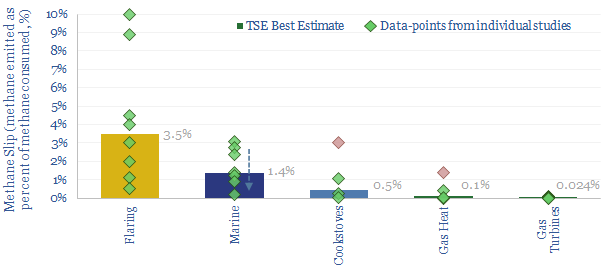
Methane slip occurs when a small portion of natural gas fails to combust, and instead escapes into the atmosphere. This data-file reviews different technical papers. Methane slip is effectively nil at gas turbines and gas heating (less than 0.1%). It rises to 0.5-3% in cookstoves and some dual-fuel marine engines. However, the highest rate of…
-
NEL: green hydrogen technology review?
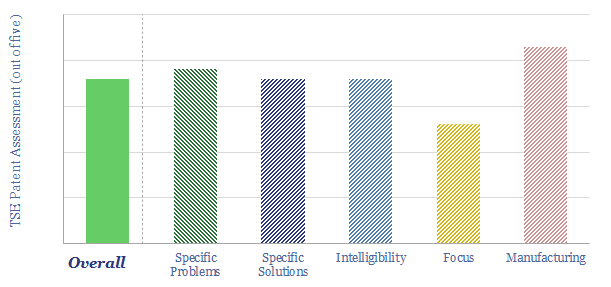
NEL is a green hydrogen technology company, headquartered in Oslo, listed on the Oslo Børs since 2014, and employing 575 people. It has manufactured 3,500 electrolyser units, going back to 1927, historically weighted to alkaline electrolysers, and increasingly focused on PEMs and hydrogen fuelling stations. This NEL technology review explores its patents.
-
Diesel power generation: levelized costs?
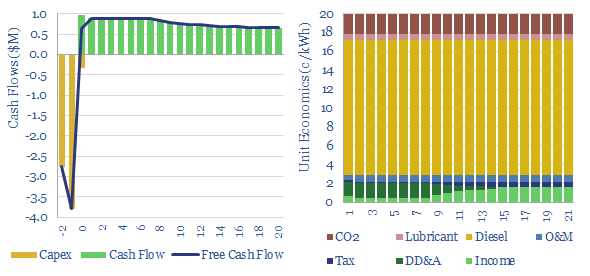
A multi-MW scale diesel generator requires an effective power price of 20c/kWh, in order to earn a 10% IRR, on c$700/kW capex, assuming $70 oil prices and c150km trucking of oil products to the facility. Economics can be stress-tested in the Model-Base tab.
Content by Category
- Batteries (89)
- Biofuels (44)
- Carbon Intensity (49)
- CCS (63)
- CO2 Removals (9)
- Coal (38)
- Company Diligence (95)
- Data Models (840)
- Decarbonization (160)
- Demand (110)
- Digital (60)
- Downstream (44)
- Economic Model (205)
- Energy Efficiency (75)
- Hydrogen (63)
- Industry Data (279)
- LNG (48)
- Materials (82)
- Metals (80)
- Midstream (43)
- Natural Gas (149)
- Nature (76)
- Nuclear (23)
- Oil (164)
- Patents (38)
- Plastics (44)
- Power Grids (130)
- Renewables (149)
- Screen (117)
- Semiconductors (32)
- Shale (51)
- Solar (68)
- Supply-Demand (45)
- Vehicles (90)
- Wind (44)
- Written Research (354)
